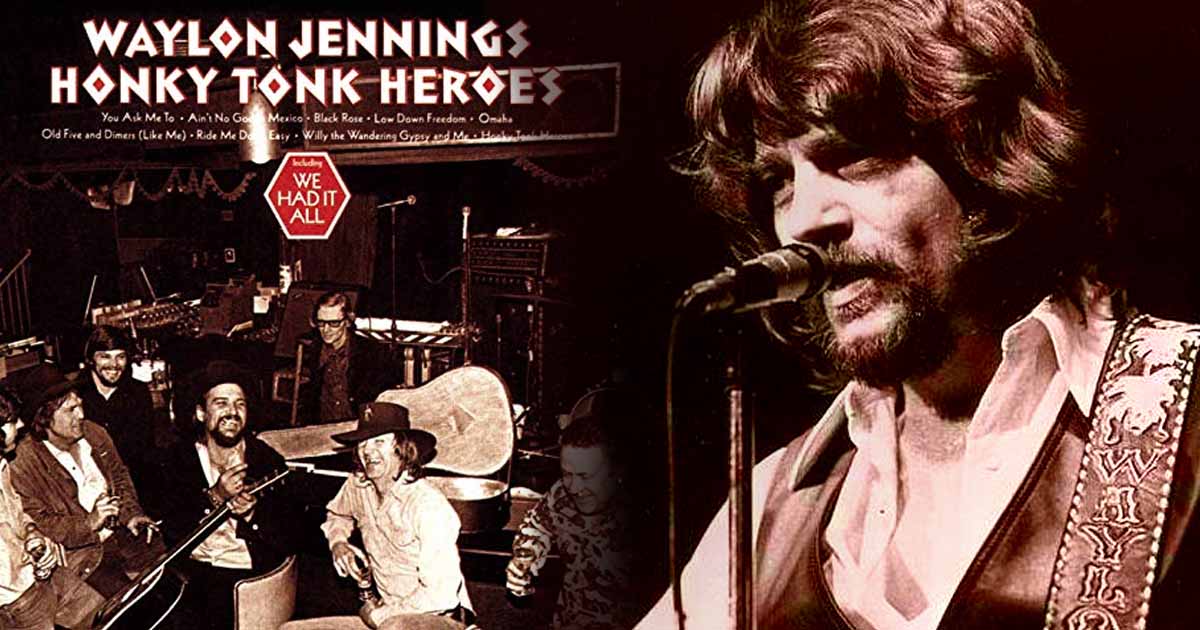
About the Song
When Waylon Jennings recorded “Willy the Wandering Gypsy and Me”, he wasn’t just singing a song — he was painting a portrait of friendship, freedom, and the bittersweet beauty of the rambling life. Written by Billy Joe Shaver, and featured on Waylon’s landmark 1973 album Honky Tonk Heroes, this track stands as one of the most touching tributes to the outlaw spirit that defined a generation of country music.
From the first verse, Waylon’s deep, weathered voice invites you into a tale of two kindred souls: Willy, the free-spirited gypsy who lives by no man’s rules, and the narrator — a fellow wanderer who finds both admiration and a bit of envy in his friend’s fearless way of life. This isn’t just a travel song — it’s a testament to the bond between drifters, the ones who choose the open road over stability, and poetry over profit.
Waylon delivers each line with the weight of experience. There’s respect, longing, and a quiet acceptance that some people aren’t meant to be tied down. In many ways, the song mirrors Waylon’s own journey — a man who fought to sing his truth in a music industry that often wanted conformity over authenticity. That’s what makes this track so powerful: it’s personal, even if it’s not autobiographical.
Musically, the song is laid back but rich with feeling — simple guitar lines, steady rhythms, and that signature Waylon groove that never rushes but always lands right where it should. It’s country at its finest: honest, human, and just a little bit dusty from the road.
For longtime fans, “Willy the Wandering Gypsy and Me” isn’t just another entry in Waylon’s catalog — it’s a reminder of the golden era of outlaw country, when stories mattered more than polish, and friendship was something worth singing about. Whether you’ve spent time on the highway yourself or just dream of it, this song taps into something timeless: the yearning for freedom, and the people we meet along the way who change us forever.